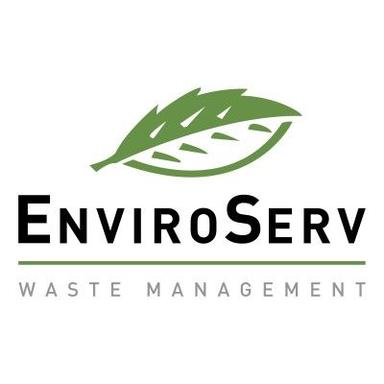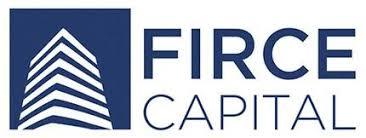$100,000 Visa Fee Threatens Rural Hospitals Dependent on Foreign Doctors

President Trump recently introduced a sweeping change: a one-time $100,000 fee for new H-1B visa applications filed between September 21, 2025, and September 21, 2026. The targeting of skilled-worker visas signals a major shift, and hospitals across the country are scrambling to understand the consequences.
Hospitals and medical associations are warning that unless health care professionals are exempted, the $100,000 fee could severely damage recruitment efforts, especially in rural and underserved regions.
Why Rural Areas Stand to Lose Most
Rural hospitals already face serious challenges in attracting and retaining clinicians. Many of them depend heavily on foreign-trained doctors and other health workers to remain open and continue serving their communities.
Nearly one in four physicians in the United States is an international medical graduate. These doctors are more likely to practice in areas with longstanding shortages. Some of the highest percentages of visa-dependent doctors are in states such as Iowa, West Virginia, and North Dakota, which are both heavily rural and politically conservative. These regions are now at greater risk of losing medical professionals if the policy stands.
Health Systems Push for Carve-Outs
Medical organizations have begun to take action. The American Hospital Association and the American Medical Association have brought together a coalition of more than 50 groups urging the Department of Homeland Security (DHS) to exempt physicians, nurses, therapists, lab technicians, and other health professionals from the fee.
Their letters emphasize that foreign clinicians do not replace American workers. Instead, they fill vital gaps and allow hospitals to function, particularly where domestic recruitment efforts have failed.
The policy includes a “national interest” carve-out that gives DHS authority to exempt certain workers, industries, or organizations if their employment is considered beneficial to the country. Critics, however, argue that this provision leaves too much uncertainty for hospitals that rely on consistent staffing.
The Broader Stakes: Workforce, Costs, Access
If the fee remains in place, hospitals may be forced to hire fewer international health workers, pass additional costs on to patients, or cut back on essential support services.
Foreign medical graduates are also affected at earlier stages of their careers. Many enter the United States through J-1 visas during residency or fellowship, which often require them to return home for two years unless waived. Transitioning to H-1B status was already a complex process, and the new fee makes it significantly harder.
Universities and medical schools may also struggle to attract international talent. For years, the promise of a pathway from training into employment was a major incentive. The new policy undermines that opportunity.
What Lies Ahead
So far, apart from broad authority to allow exemptions, the administration has not committed to protecting the health care sector specifically.
The White House has described the fee as a safeguard against abuse of the H-1B system and a way to protect American wages. Yet, applied without flexibility, the measure risks leaving fewer doctors, longer waiting times for patients, and the closure of already vulnerable rural clinics.
Business News
Netflix Advertising Business Turns into a Growth Path, Revenue Surge
EFCC Calls for Suspension and Prosecution of Banks and Fintechs Linked to Fraud
How to Boost Employee Productivity in Industrial Work Environments
How Executive Culture Can Enable Abuse and Legal Exposure
Why Most Executive Books Are Written with a Ghostwriter




















